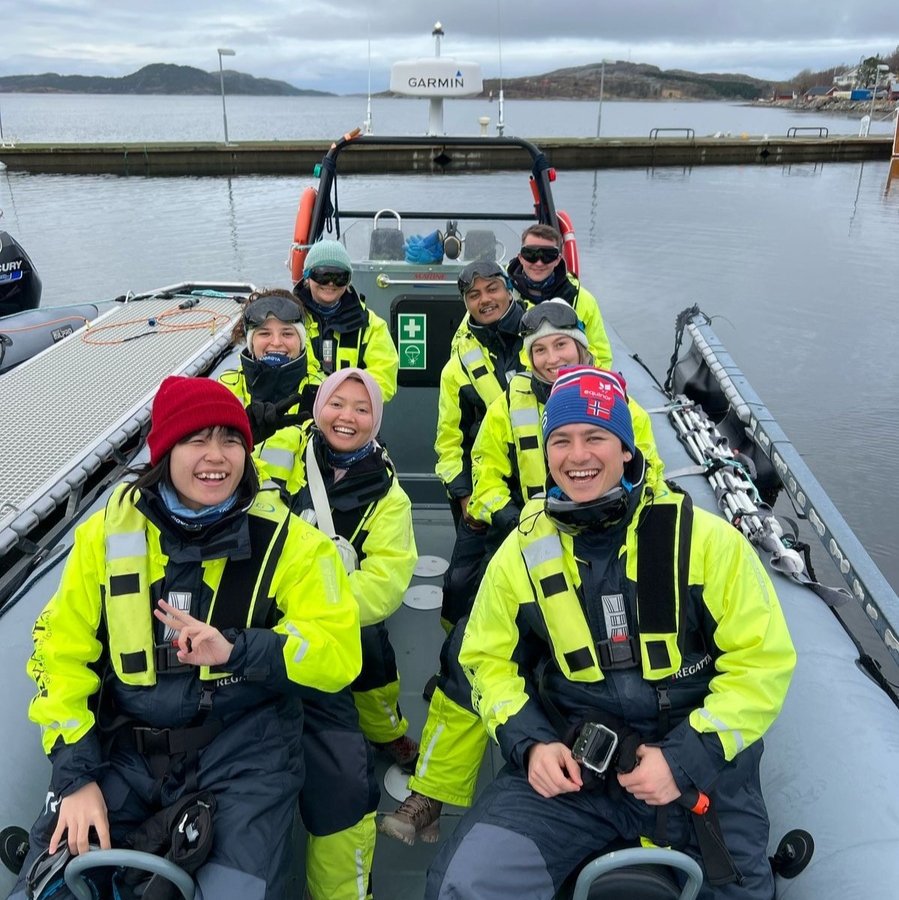.Aquaculture, the farming of commercial aquatic organisms, is recognised as the only valid response to bridge the gap between the increasing demand for healthy, safe and sustainable seafood and the dwindling fisheries supply. The aquaculture industry is a promising and fast growing sector but health management is a growing concern to the sector.
The AquaH programme harnesses the expertise of 4 leading European aquaculture research groups to provide an in-depth training in the latest developments in the fast-evolving field of disease prevention, health management and animal welfare.

Our programme is part of the prestigious Erasmus Mundus Joint Master scheme. The study programme will enable you to experience studying at:
Thesis research and internship placements are facilitated at one of the numerous research institutes and companies in our worldwide network.
Required basic statistics qualifications involves knowledge of:
(1) Introductory concepts: descriptive statistics, random variables and their distribution, properties of lineair combinations of random variables.
(2) Inference from normally distributed data: t-tests, F-test to compare variances, P-values, type I and type II errors.
(3) The general linear model: t-test on a regression coefficient, analysis of variance, extra sum of squares, (adjusted) R-squared and model selection, quantitative and qualitative explanatory variables, interactions, post-hoc analysis, geometric interpretation of regression, hat-matrix.
(4) Non-parametric statistics.